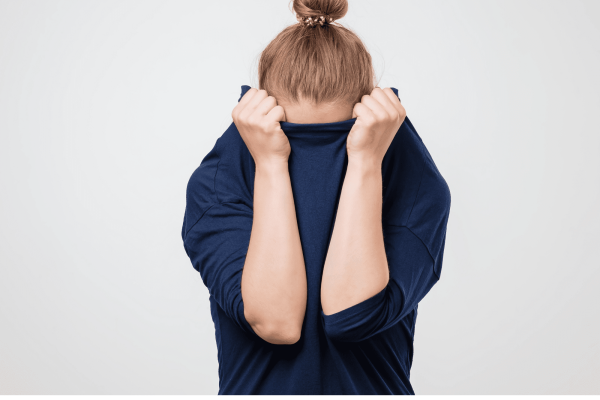Guilt is a complex emotion that arises when we have compromised our personal standards or acted against our intrinsic beliefs. It is often accompanied by feelings of shame and remorse. Recognizing and addressing guilt is crucial for personal growth and emotional well-being. Our transformative treatments offer effective approaches to help you navigate and address feelings of guilt.
Transformative Treatments for Guilt
Explore our transformative treatments. They are designed to assist you in addressing and processing feelings of guilt.
- Guided Meditation: Reflect on your behavior and focus on coming to terms with your guilt through guided meditation sessions.
- Self-Development Programme: Take practical steps to make amends for mistakes and work towards becoming a better person in the future with our structured self-development program.
Understanding the Roots of Guilt
Guilt often stems from a human capacity for empathy, where witnessing the pain of others can trigger feelings of responsibility. Whether we feel directly responsible for the suffering of others or have regrets about not helping when we could, guilt is a common emotional response. Some psychologists posit that guilt has evolutionary roots, promoting reciprocal altruism for the benefit of human development. However, individuals must be aware of how people can manipulate guilt to exert control or influence.
Handling Guilt with Awareness
Effectively handling guilt requires a balanced approach that acknowledges accountability without succumbing to manipulation. Striking this balance involves cultivating self-awareness and level-headedness. In situations where direct resolution is not possible, forgiving oneself becomes essential. Processing emotions, understanding the roots of guilt, and releasing associated pain are crucial steps in detaching from guilt.
Writing as a Cathartic Process
One effective method for processing guilt is writing about the dilemma or situation that triggers feelings of guilt. This process allows for cognitive exploration of accountability without external judgment. Writing can be cathartic and insightful. It helps you gain a deeper understanding of what went wrong and release associated emotions.
The Journey to Self-Forgiveness
Addressing guilt is a journey toward self-forgiveness and personal growth. Our transformative treatments provide the tools and support needed to navigate this journey effectively. We are here to assist you in understanding, processing, and overcoming feelings of guilt. Whether through guided meditation or a structured self-development program.

